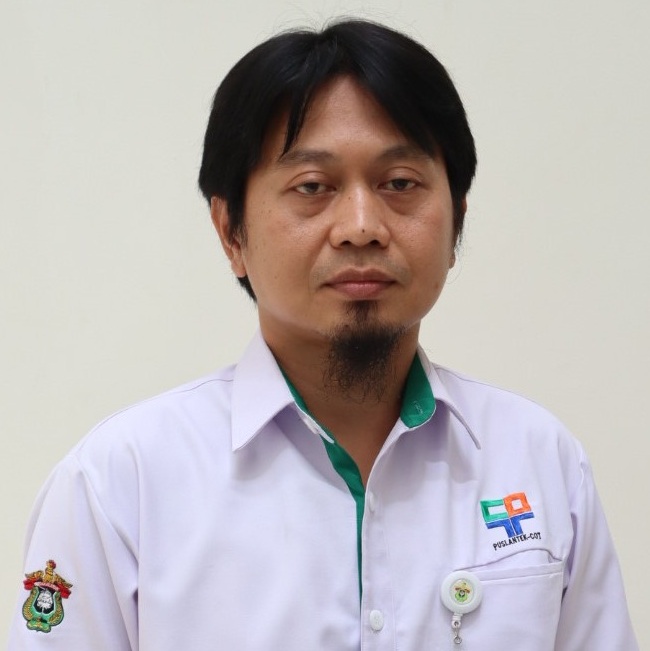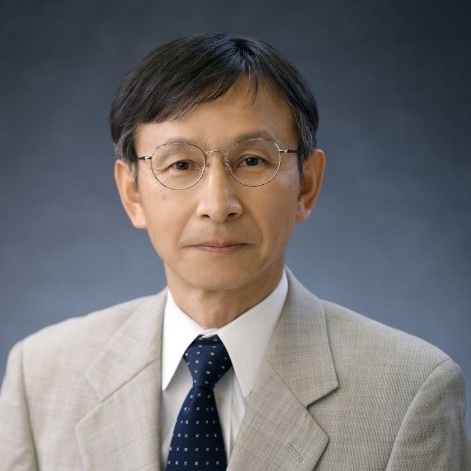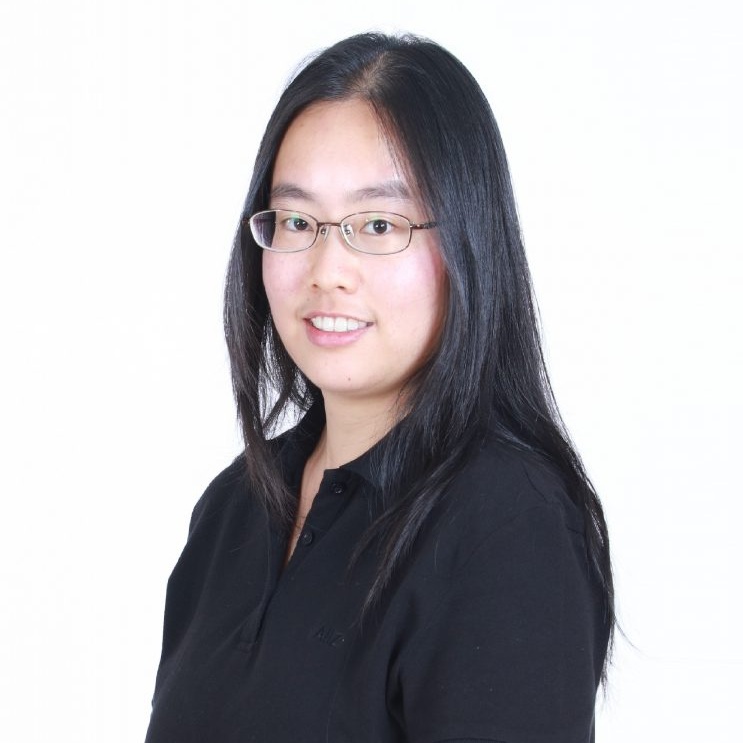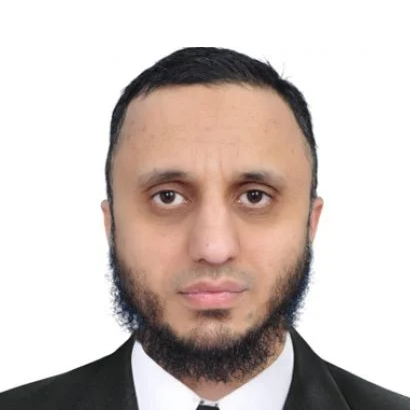
Dr. Faisal Mahmuddin
Hasanuddin University, Indonesia
Dr. Faisal Mahmuddin is an Associate Professor and Head of the Marine Engineering Department at Hasanuddin University, Indonesia. His research focuses on renewable energy, and electric propulsion systems. He has led numerous projects on solar-powered cooling systems, hybrid electric drive systems for vessels, wind energy conversion, and off-grid photovoltaic applications for coastal communities. With advanced degrees in Naval Architecture and Information Technology, he actively publishes in the fields of marine energy, power electronics, and sustainable maritime technologies.

Prof. Hirohito Yamada
Tohoku University, Japan

Asst. Prof. Dr. Achara Pichetjamroen
Kasetsart University, Thailand
Title: A Proposed PV Generation System with Short-Term Prediction Integrated Battery Energy Storage System
An effective PV generation system concept should integrate with the power control scheme to obtain the maximum power point operation and power ramp-rate can be controlled under 10%. This study presents an overall technology to achieve high efficiency PV generation system by including the short-term prediction system to notify the sun-coverage event 1-2 minutes in advance with machine learning and the image processing technique. The dc data logger with multi-sampling technique is employed to optimize the data storage for the recorder and categorize the input data, it can shorten time consuming to process all data. Experimental set-up for PV charger to Lithium NMC battery pack is evaluated the effectiveness of the PV system. The results confirm that a pack of batteries can be charged under MPPT and CV (Constant voltage) stage at 80% SOC and from 0% SOC until fully charged.

Dr. Muhammad Waseem
Maynooth University, Ireland
